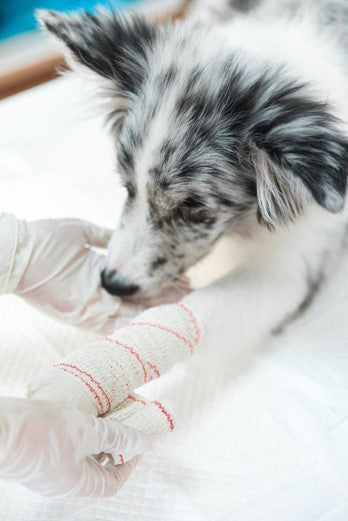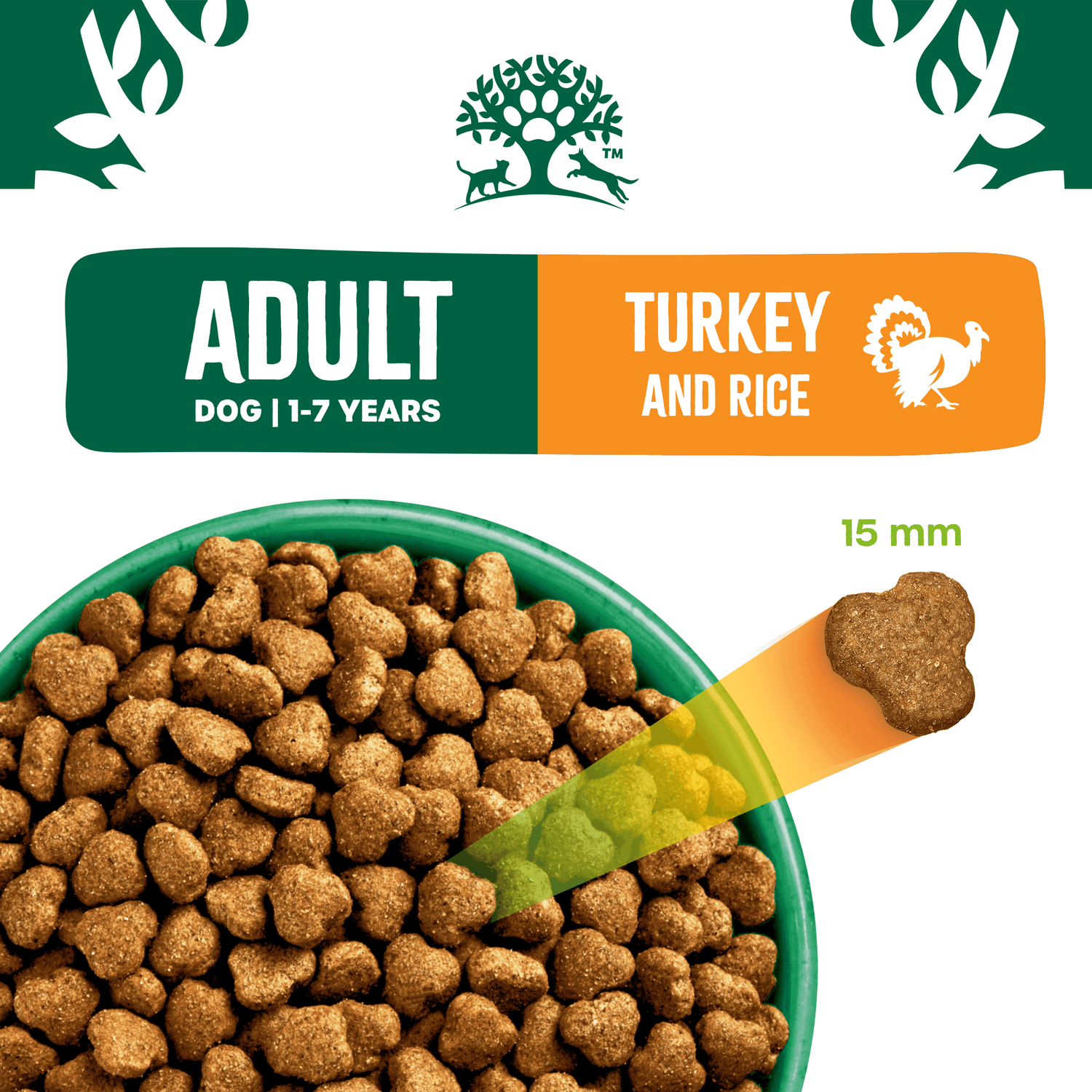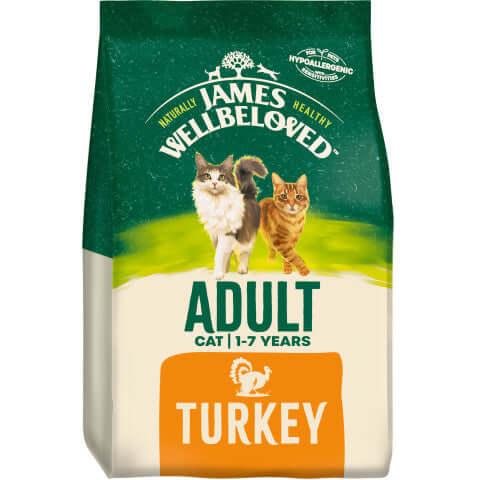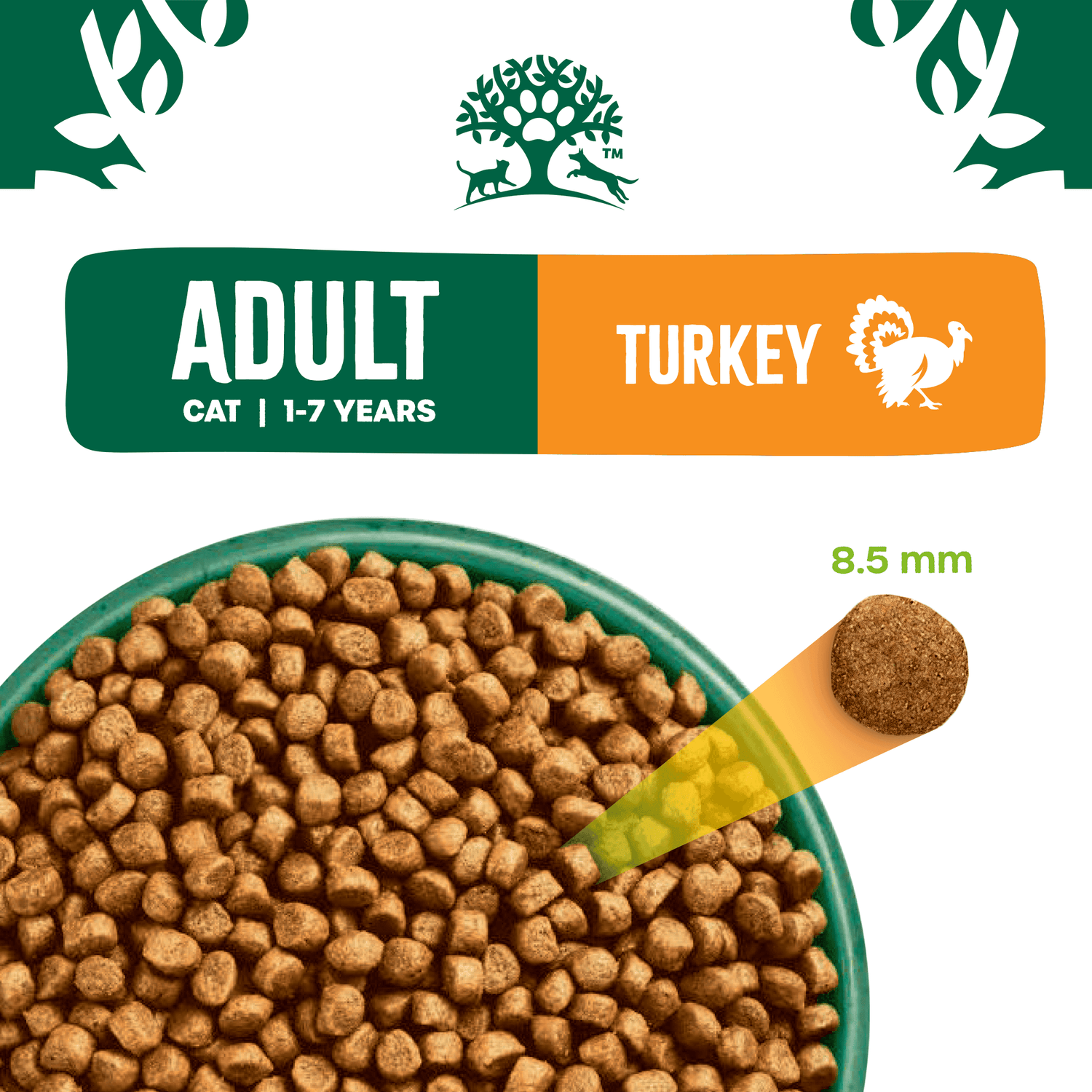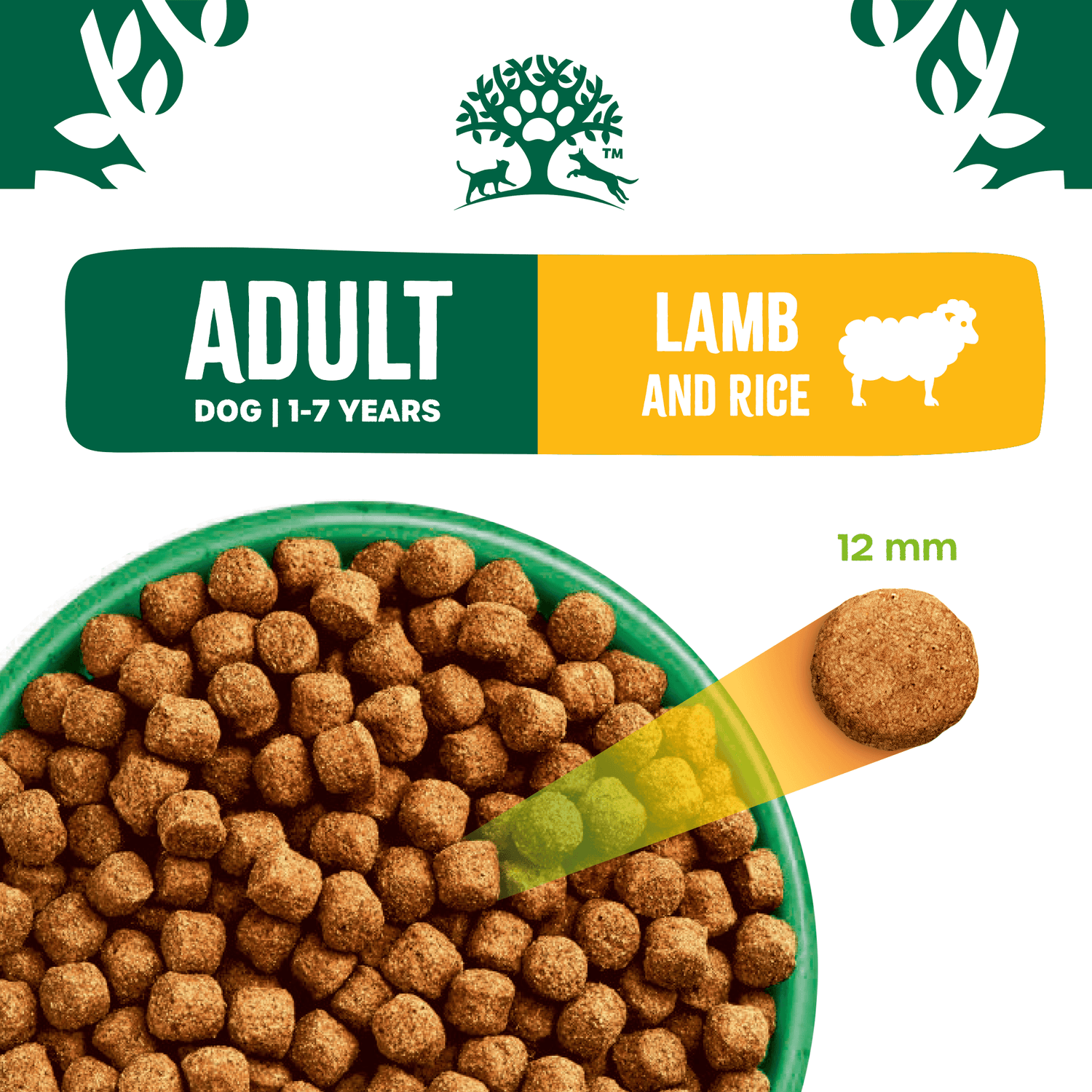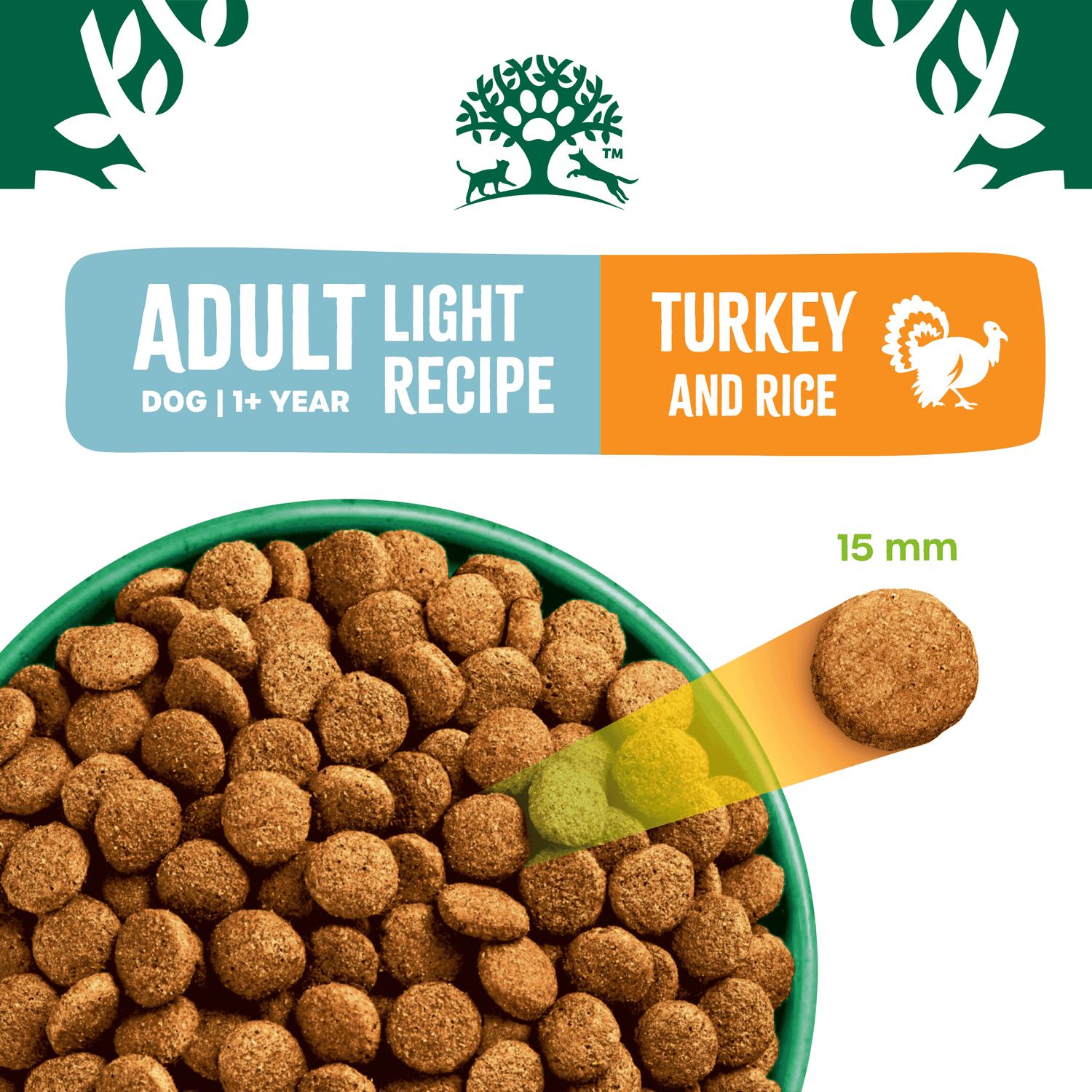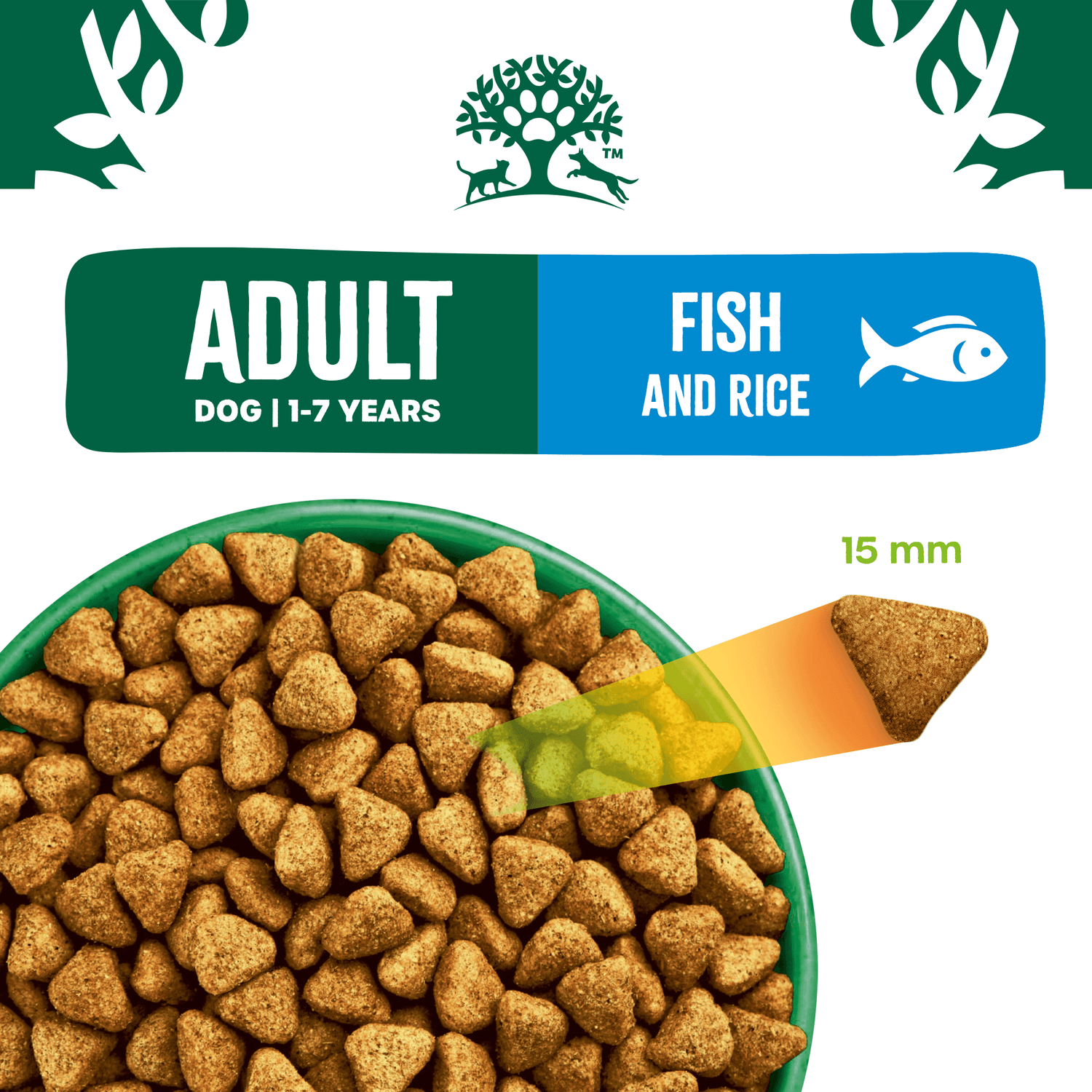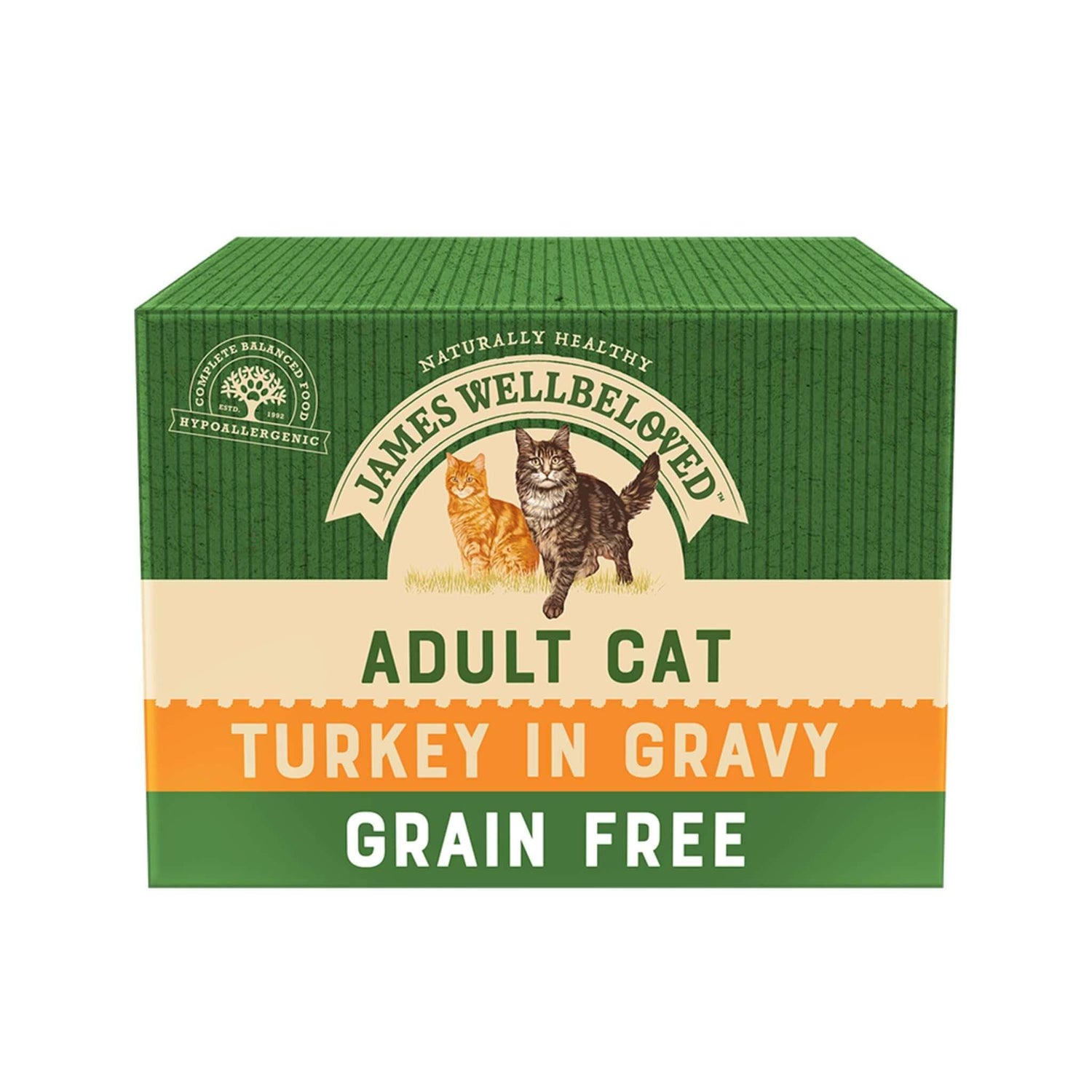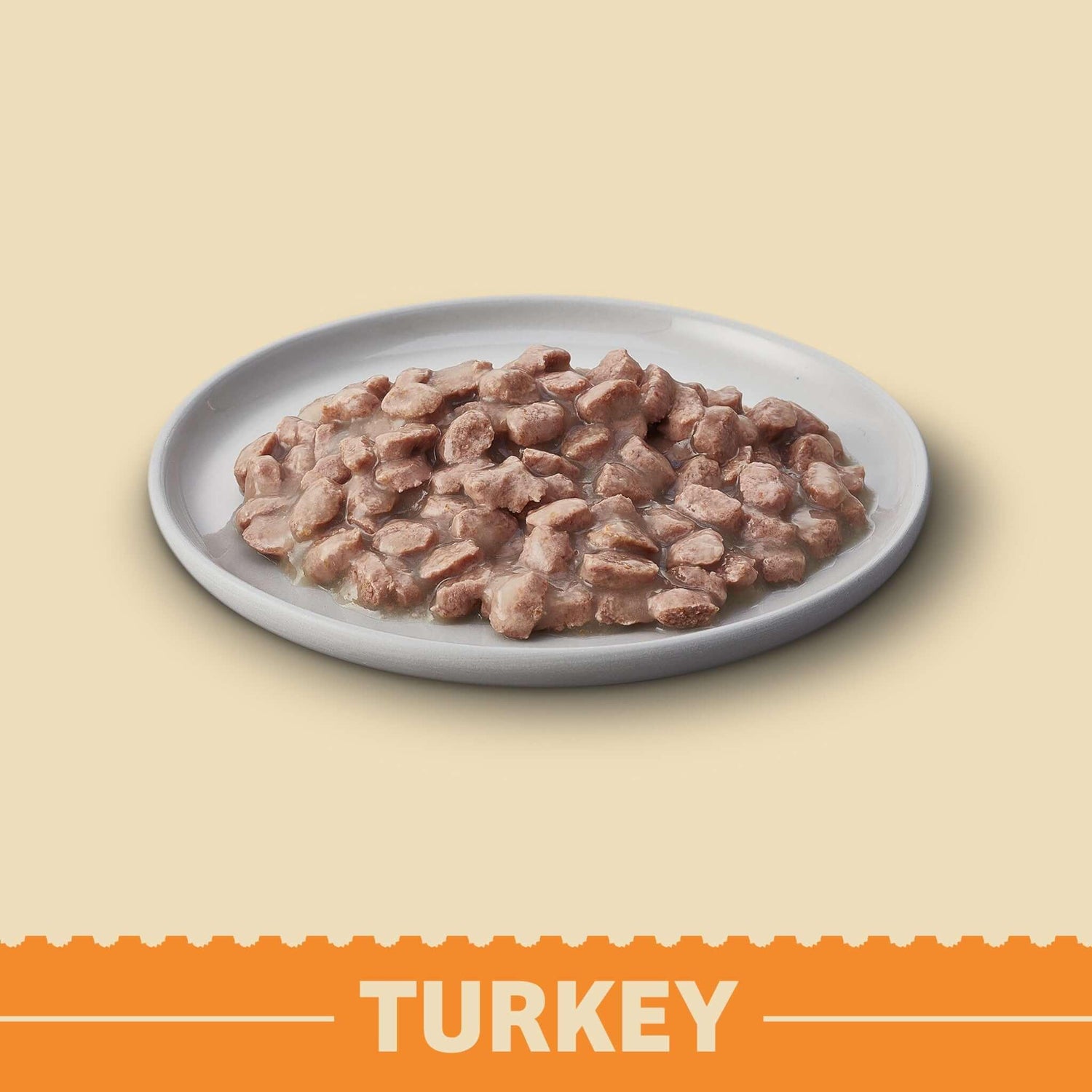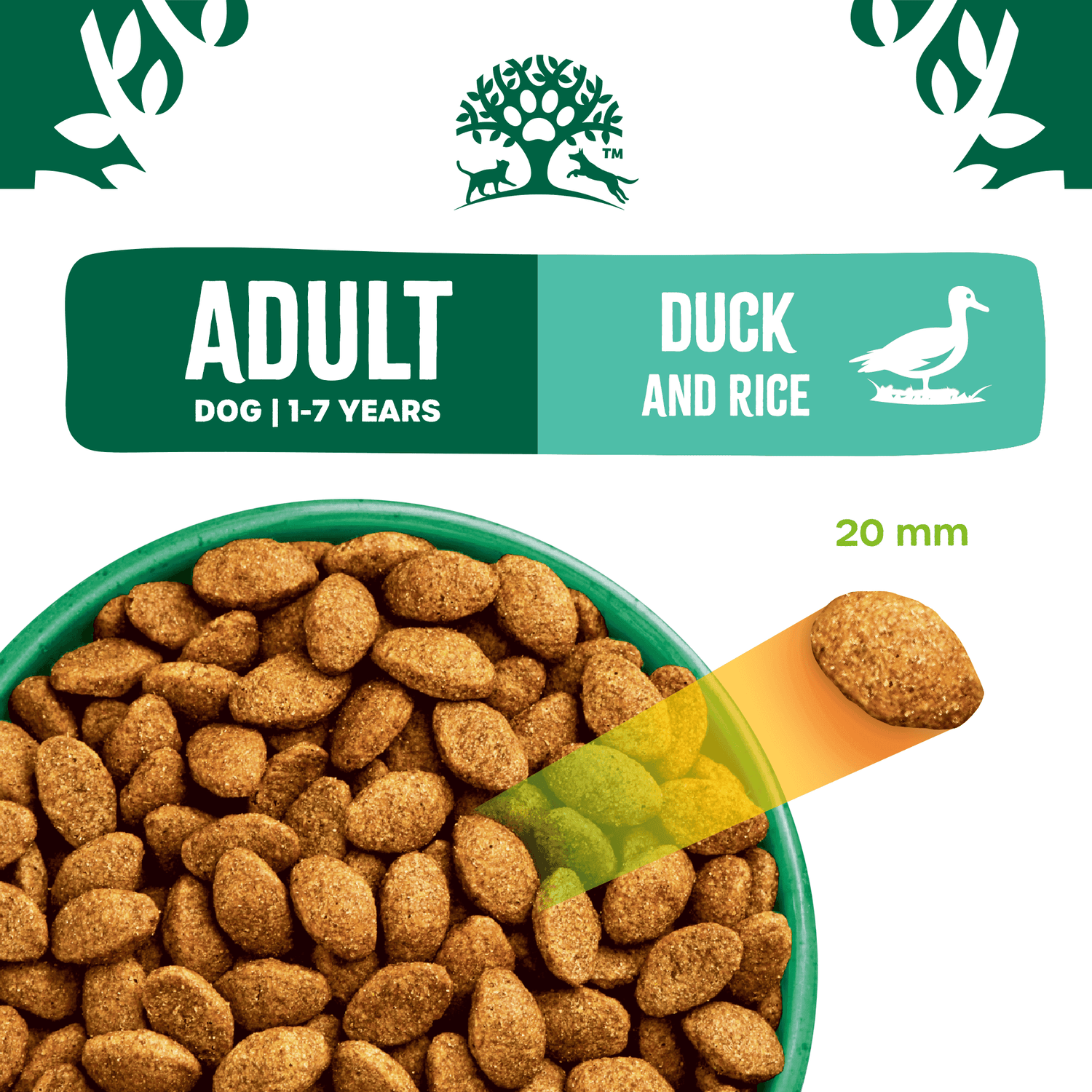Your cat is most at risk of picking up infections while a young kitten. As they wean off their mother’s milk and start wanting to explore the outdoors, they expose themselves to other cats and foods which carry bacteria and viruses for which they haven’t yet developed immunity. While viruses evolve and change all the time, vaccinations remain the most effective way of protecting your kitten and preventing the spread of disease.
Are vaccinations a requirement?
Currently, there is no law in the UK saying a pet owner must get their kitten vaccinated, although most vets strongly recommend them and they are often required for many reputable catteries. Vaccinations are normally delivered at 9 and 12 weeks and should only be administered by a vet registered with the Veterinary Medicines Directorate, who are regulated by Defra in the UK. You will likely need to return to the vet every year for booster jabs to keep your kitten’s immunity at its most effective. Vaccinations can sometimes cause your kitten to feel a little under the weather for a few days as the immune system adapts, leading to a change in their normal behaviour, but are far safer than risking your cat catching some of these more common and severe illnesses.
Feline panleukopenia virus (aka feline infectious enteritis)
What is it? FIE is a severe and frequently lethal gut infection which causes sickness, severe diarrhoea, and can even attack the immune system and cause brain damage. It is especially fatal for kittens.
Feline herpes virus
What is it? One of the two most harmful cat flu viruses. It can cause sneezing and fever, but also conjunctivitis and ulcers on the eyes or tongue. All of these disrupt eating and can cause anorexia.
Feline calicivirus
What is it? The other major cat flu virus can also lead to swollen limbs and organ failure. Herpes and calicivirus are the most common cat flu viruses, but flu evolves all the time meaning vaccinations aren’t always 100% effective. Consult your vet regularly to guard your kitten from the latest outbreaks.
Feline leukaemia virus
What is it? The infection attacks the bone marrow, causing cancer of the white blood cells, meaning your cat’s immune system is unable to fight other diseases that would otherwise cause him or her little trouble.
Feline chlamydophila
What is it? This disease can only be spread by direct contact with other cats and causes conjunctivitis, sneezing and discharge from the eyes and nose. Some vaccinations will be recommended for every kitten but some may not be essential depending on your kitten’s lifestyle. We would advise discussing with your veterinary surgeon the most suitable protocol for your individual kitten






